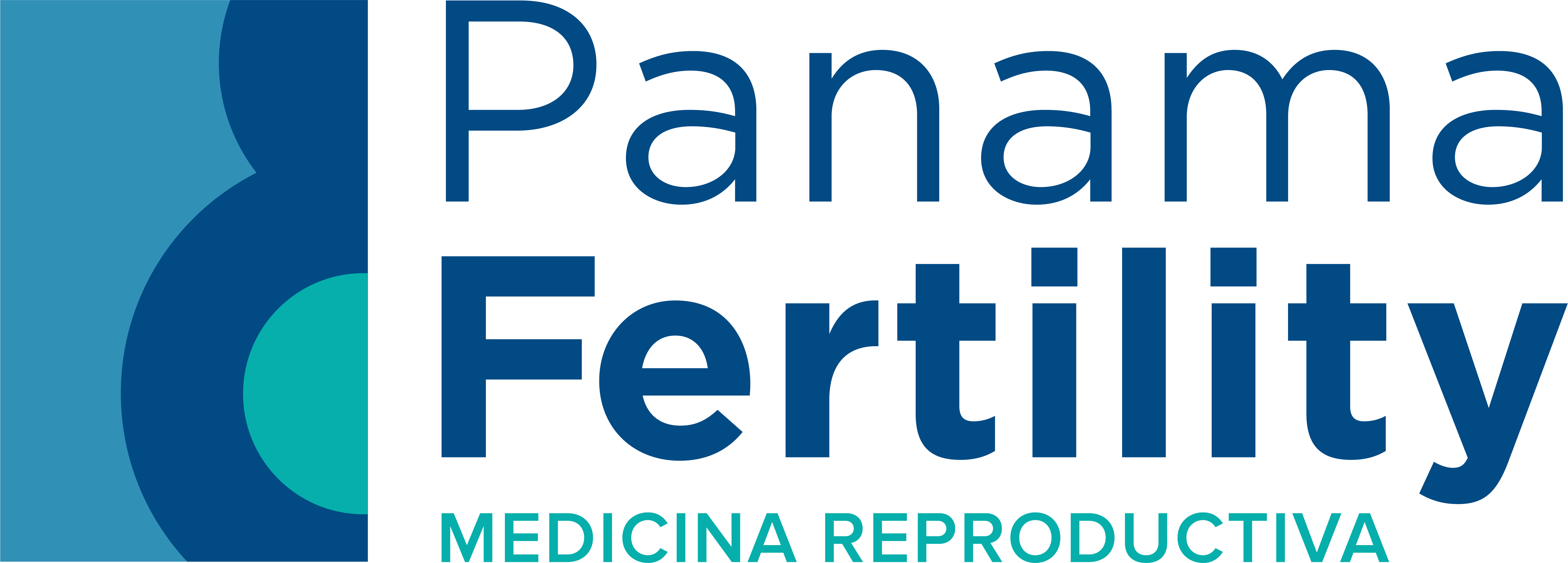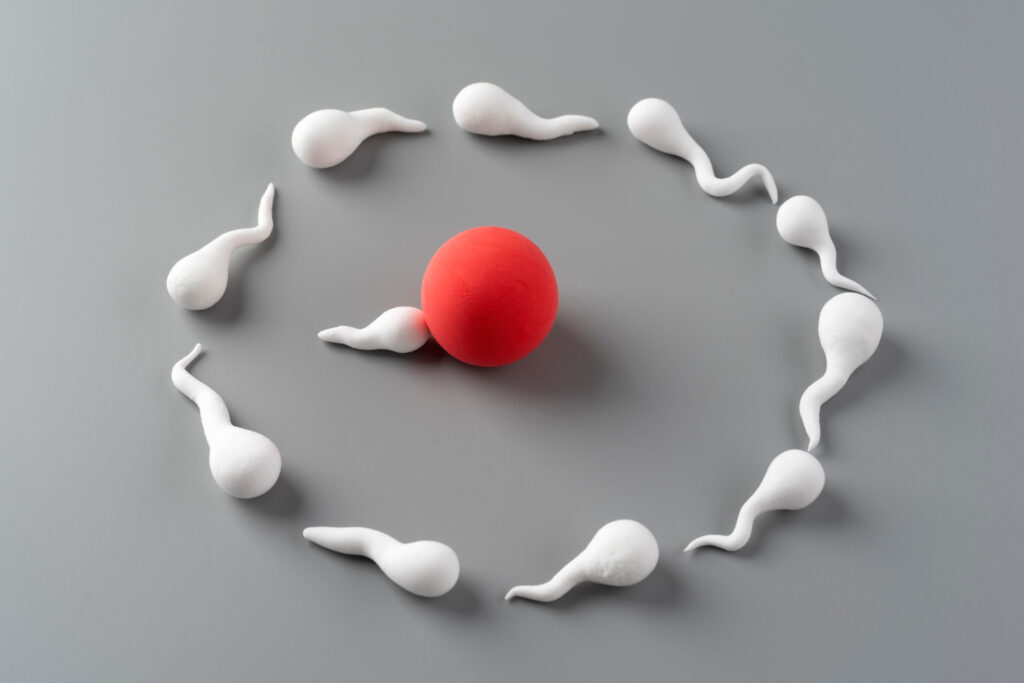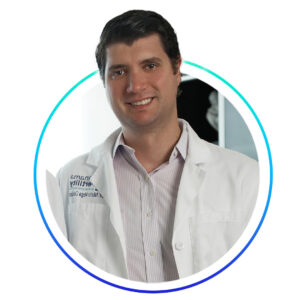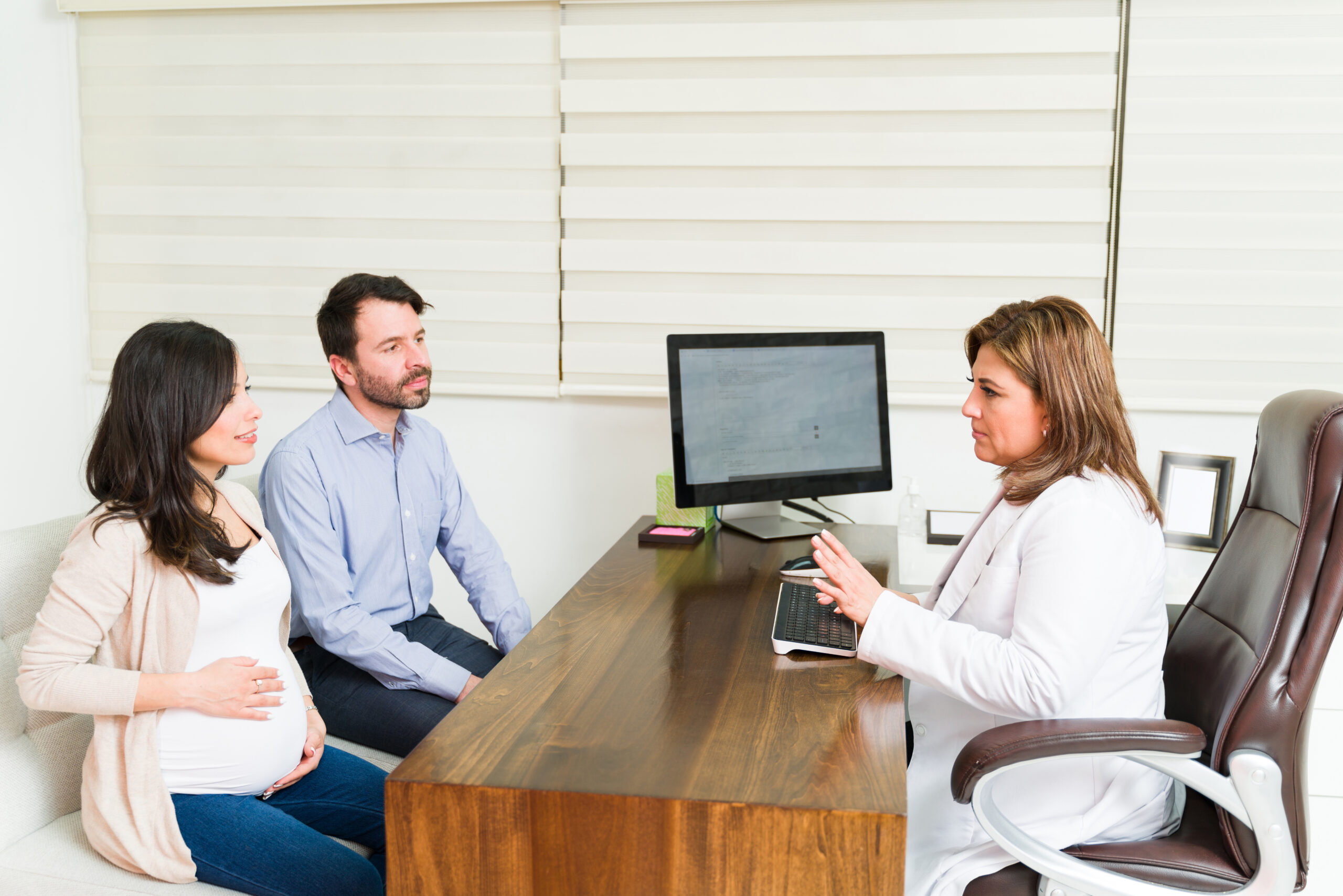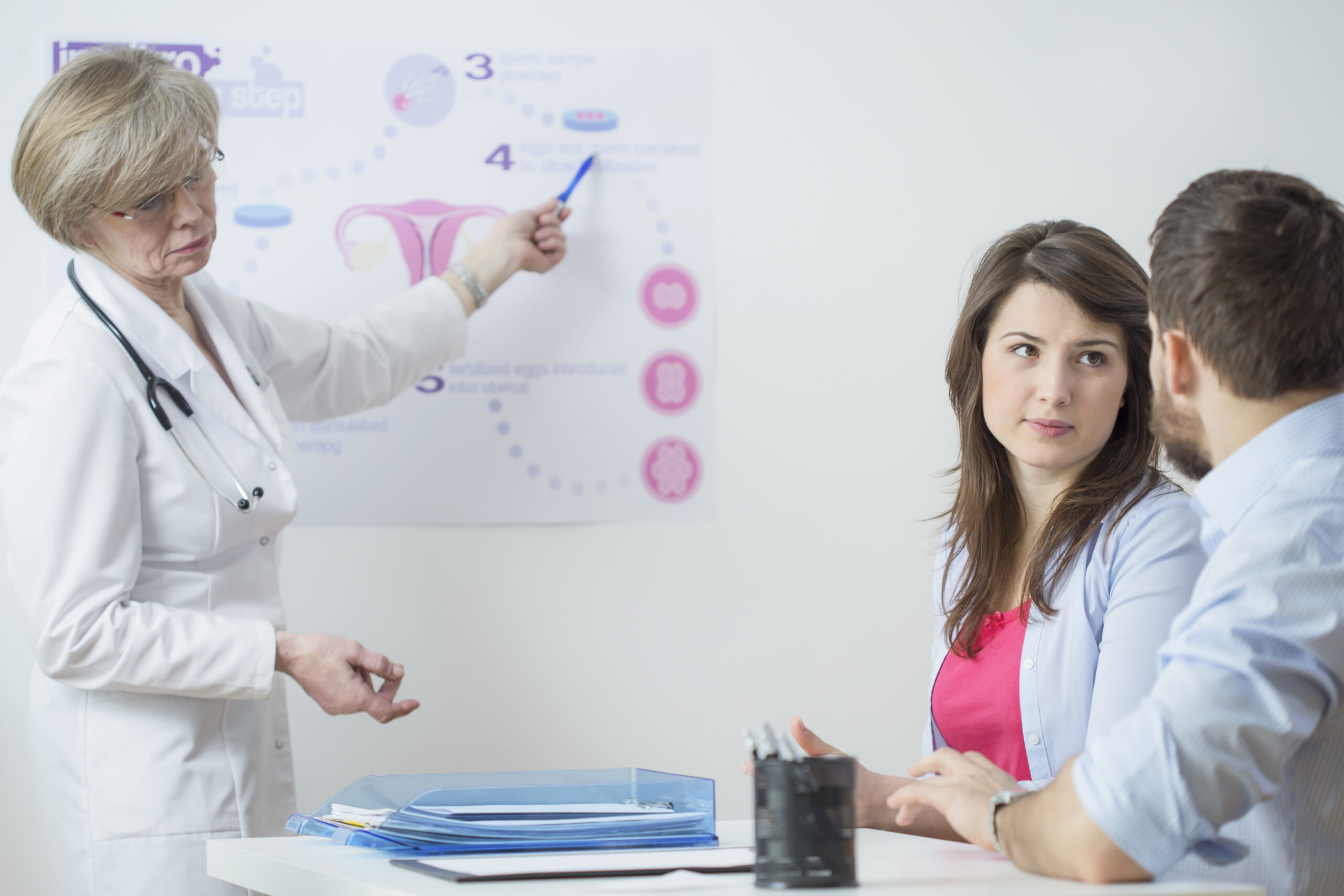Fertility Clinic
Egg Donation Near Me: Your 2025 Guide to Finding the Right Program

What Is Egg Donation?
Egg donation is a process in which a healthy, fertile woman donates her eggs to help another person or couple conceive. This method is often used in fertility treatments like in vitro fertilization (IVF) when the intended mother cannot use her own eggs due to age, medical conditions, or genetic concerns.
The donated eggs are fertilized in a lab and the resulting embryos are transferred to the recipient’s uterus, giving them the opportunity to carry and deliver a baby.
Who Can Benefit from Egg Donation?
- Women with low ovarian reserve or poor egg quality
- Patients with genetic disorders that could be passed to a child
- Women over 40 with age-related fertility decline
- Same-sex male couples using a gestational carrier
- Single men seeking biological parenthood with surrogacy
How to Find Egg Donation Programs Near You
When searching for “egg donation near me”, consider the following:
- Fertility Clinics with In-House Donor Programs
Many fertility clinics run their own egg donor banks, ensuring medical and genetic screening. - Egg Donor Agencies
These agencies match donors with recipients and coordinate the process with a fertility clinic. - Cryobanks and Frozen Egg Banks
Offer frozen donor eggs, which can shorten the timeline compared to fresh cycles. - Hospital-Based Fertility Centers
Some hospitals have affiliated reproductive endocrinology departments offering donation services.
Pro tip: Always verify that the clinic or agency follows American Society for Reproductive Medicine (ASRM) and FDA guidelines.
The Egg Donation Process
- Initial Consultation – The recipient meets with a fertility specialist to discuss goals, medical history, and donor preferences.
- Donor Selection – Choose a donor based on physical traits, education, health history, and genetic screening.
- Legal Agreements – Contracts are signed to protect both donor and recipient rights.
- Ovarian Stimulation (Donor) – The donor takes medication to produce multiple mature eggs.
- Egg Retrieval – Eggs are collected via a minor surgical procedure under sedation.
- Fertilization and Embryo Transfer – Eggs are fertilized in the lab and transferred to the recipient’s uterus.
Fresh vs. Frozen Donor Eggs
- Fresh Eggs – Collected and fertilized immediately; may have slightly higher success rates but require cycle synchronization.
- Frozen Eggs – Already retrieved and stored; offers faster treatment and lower cost in some cases.
Cost of Egg Donation in the U.S.
The cost for an egg donation cycle varies depending on location and whether eggs are fresh or frozen:
Location Type | Average Cost |
Fresh donor cycle | $25,000 – $45,000 |
Frozen donor eggs | $14,000 – $20,000 |
Agency matching fee | $5,000 – $10,000 (if applicable) |
These estimates often exclude IVF procedure costs and medications for the recipient.
Success Rates
According to SART data, the live birth rate per egg donation cycle in the U.S. can be 50–60%, depending on the recipient’s health and the clinic’s expertise.
Factors that improve success rates include:
- Donor age (typically 21–30 years old)
- Donor’s reproductive health history
- Quality of the fertility lab
Choosing the Right Egg Donation Program
When evaluating options for egg donation near me, ask:
- Are donors medically and genetically screened?
- Does the clinic have SART-reported success rates?
- Are legal and psychological counseling included?
- Is donor identity anonymous or open?
- How transparent are the costs?
Legal and Ethical Considerations
Egg donation in the U.S. is legal, but laws vary by state. Most agreements ensure:
- Donors relinquish all parental rights.
- Recipients have full legal rights over resulting children.
- Confidentiality is maintained unless both parties agree otherwise.
Emotional Support During the Process
Both donors and recipients benefit from emotional counseling. Many clinics offer:
- One-on-one therapy sessions
- Support groups
- Online forums for intended parents and donors
FAQs About Egg Donation Near Me
Some programs offer open or semi-open donation; others are strictly anonymous.
Fresh cycles take about 2–3 months; frozen egg cycles can be completed in 4–6 weeks.
Yes, typically between $5,000–$10,000 per cycle, depending on location and experience.
Yes, selection is based on recipient preferences including appearance, education, and personal background.
Success rates are slightly higher with fresh eggs, but frozen eggs remain an excellent option.
Conclusion
Finding “egg donation near me” means more than just locating the closest clinic — it’s about finding a program with proven success, ethical practices, and compassionate care. Whether you choose fresh or frozen donor eggs, the right fertility team can guide you through the process with transparency and support, helping you take the next step toward building your family.
Fertility Clinic
👉 Book your appointment now.

🌟 At Panamá Fertility, we offer tailored treatment plans for women with endometriosis, combining expertise, advanced technology, and compassionate care to help you achieve pregnancy.
